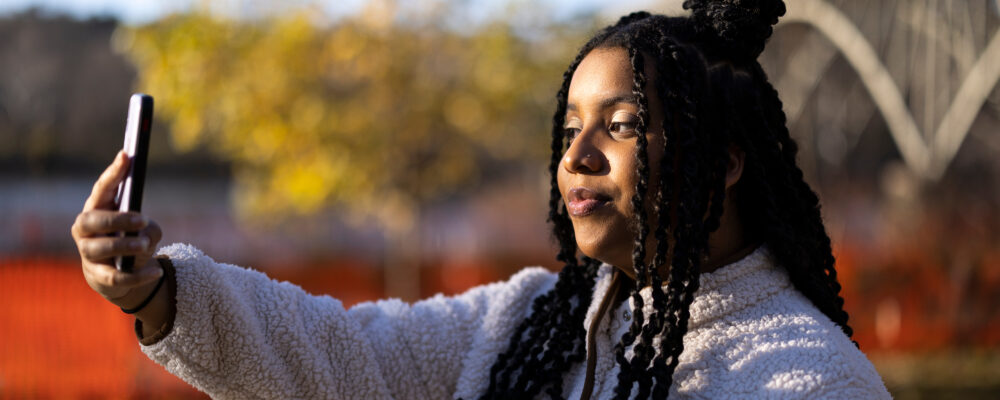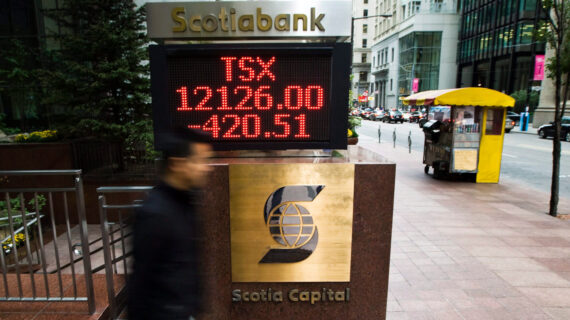In 1997 America Online (AOL) executive Ted Leonsis talked about offering users of their website “social media, places where they can be entertained, communicate, and participate in a social environment”. The explosion of social media and its impact on how people interact has continued to grow. There now are an estimated 3.6 billion users of social media with many addicted to or negatively affected by its use.
How did we get so far so fast, and has the tide for social media turned?
On February 4, 2004, Mark Zuckerberg, then a Harvard sophomore, launched a social media website, soon to be known as Facebook, to connect Harvard students. Its success was explosive. Today almost 3 billion people worldwide use Facebook monthly, with almost 2 billion logging in daily. Three-quarters of users are between the ages of 13-44.
In October 2021, Zuckerberg announced that Meta would be the new name for Facebook, bringing together its apps and technologies under a new umbrella. The goal was to bring the Metaverse to life with a vision for developing 3D immersive technologies to improve online social experiences and connect people better and grow businesses. The reality has not been as exciting as the hope. CNN reported that Meta lost $9.4 billion in the first nine months of 2022 on its Metaverse products, with larger losses forecast for 2023.1Facebook’s core business, while still very large, is also contracting, losing viewers and ad revenue to other platforms such as TikTok. Meta’s stock market value fell from over $900 billion at the start of 2022 to only about $305 billion on December 20th, a drop of about two-thirds of its worth.
Facebook has also come under increasing scrutiny regarding its negative impact on society after the exposure of improper practices by whistleblowers and increased scrutiny by regulators. In October 2021 Frances Haugen, a former lead product manager for Facebook’s Civic Misinformation team, came forward to share internal documents that proved how the company prioritized profits over the safety of its users and facilitated misinformation, hate, and calls for violence on its platform. She also stated that the company was lying when claiming it was doing everything it could to fix the problems. Misinformation is valuable for their bottom line. It is estimated that it gets six times more views than the truth.
Another major challenge is how people’s vulnerabilities are exploited by links to advertising that generates revenue. Canadian sociologist Marshall McLuhan once said, “All media exist to invest our lives with artificial perceptions and arbitrary values”.
An example of the problem is the significant relationship between time spent on social media and negative body image, especially in young women. Social media posts tend to idealize the thin body image of influencers with unattainable and unrealistic expectations. This leads to body shaming and self-confidence issues.
A 2017 Harris poll estimated that two-thirds of Americans edit their images before posting, thus presenting an idealized rather than real version of themselves. Facebook has been criticized for capitalizing on this by linking ads for weight loss to users who already have eating disorders and may simply be looking for a fitness program.
Another large social media platform is TikTok, developed by the Chinese company ByteDance. It freely lets users share short videos that are often interesting or humorous but keeps them addicted to watching the site. The risk is that TikTok collects user data and information and likely shares it with the Chinese government. In China, the government only allows children to use its TikTok-equivalent app for educational purposes, and only for a limited time. Everywhere else, no restrictions on its use mean it is addictive and deflects people from real-life activities.
The app also obtains detailed information about your phone, with the risk being the collection of private information stored there. There is also a risk of your phone being more susceptible to hacking due to the app’s less-than-ideal technical safeguards. For these reasons, U.S. government agencies and many businesses prohibit installing TikTok on their work phones. These safety concerns may ultimately lead to further restrictions on its use and perhaps its outright ban. Personally speaking, I have deleted my account.
Twitter was started by an NYU student Jack Dorsey in 2006.2He originated the idea at Odeo, a podcasting company, to create a platform that allowed users to share short messages similar to SMS texts, but for free. The platform grew rapidly as an easy and convenient way to briefly message for personal and business communications. Its popularity grew as a source of immediate news and was used by celebrities, journalists, and politicians with growing numbers of followers. It was also seen as a way to better get around censorship by undemocratic governments. Eventually, Twitter was monetized by supported and promoted tweets and content. 3Donald trump used it extensively during his presidency to get around a sometimes hostile press. By the end of his term in office, @realDonald Trump had almost 89 million followers. Barack Obama, by comparison, had more with 133 million. Trump was banned from Twitter on January 8, 2021, after his role in the January 6 Capitol riots.
Twitter has two major problems. Misinformation is too easy to tweet without verification of authenticity, and there is frequent cancellation and removal of users, potentially implemented with political bias. In March 2016 Twitter changed its algorithm regarding tweets were presented, such that popular tweets or those accounts that were followed most were presented first on users’ timelines. While this increased use and retweets, it also created information echo chambers, where exposure to a broader range of ideas or points of view was diminished.
The recent purchase of Twitter by Elon Musk for an astronomical $44 billion has unleashed both excitement and mistrust. Musk has about 120 million followers and is determined to be its biggest influencer. He claims that he bought it at an inflated price to fix it and the hate and disinformation it promoted. He said “ I didn’t do it because it would be easy. I didn’t do it to make more money. I did it to try and help humanity, whom I love. And I do it with humility, recognizing that failure in pursuing this goal, despite our best efforts, is a very real possibility.”
His initial actions have been chaotic, with mass firings, high work expectations, and the reinstatement of many accounts—including that of Donald Trump—and the removal of others, including some journalists. The recent release of select Twitter Files to journalists suggests that the FBI influenced Twitter regarding freedom of speech. We need to see all the files to be clear as to the level of influence politicized government agencies may have on social media.

Social media has become a dominant place where many people get their information. McLuhan also said, “The medium is the message”. He meant that the medium used to create the message influences how the message is perceived.
There is also growing concern about how social media platforms can shape how people think and can politicize the information landscape by shaping how content is both promoted or excluded. It also makes political interference by countries such as China and Russia much more effortless.
There is an ebb and flow to most trends. Has social media finally peaked and is now starting to implode both in terms of commercial success and influence? Too many people remain addicted to the pull of social media. It’s a two-edged sword: both valuable and entertaining while facilitating abuse and disinformation.
There aren’t easy answers to the tension between freedom of choice and protecting society from the undue and negative influence of powerful social media giants who too often value profit above social responsibility. We need to ensure greater transparency in how social media platforms select or reject content, and how they track our behaviour and unfairly monetize the interactions we have. We need to prevent foreign government interference and their manipulation of information on these sites. We also need much harsher penalties for inappropriate or illegal behaviour. Facebook has already paid over $6 billion in fines for privacy breaches, and more is likely to come.
The European Commission has proposed a new Digital Services Act package to restrict illegal online content, but the challenge is who decides? And by what rules?
Freedom of choice shouldn’t mean freedom to abuse, but restrictions can’t be used to politicize debate and still voices of reasonable dissent. Can self-regulation work much better? Can a frenetic Elon Musk get it right where a more established Mark Zuckerberg has not? Stay tuned.




